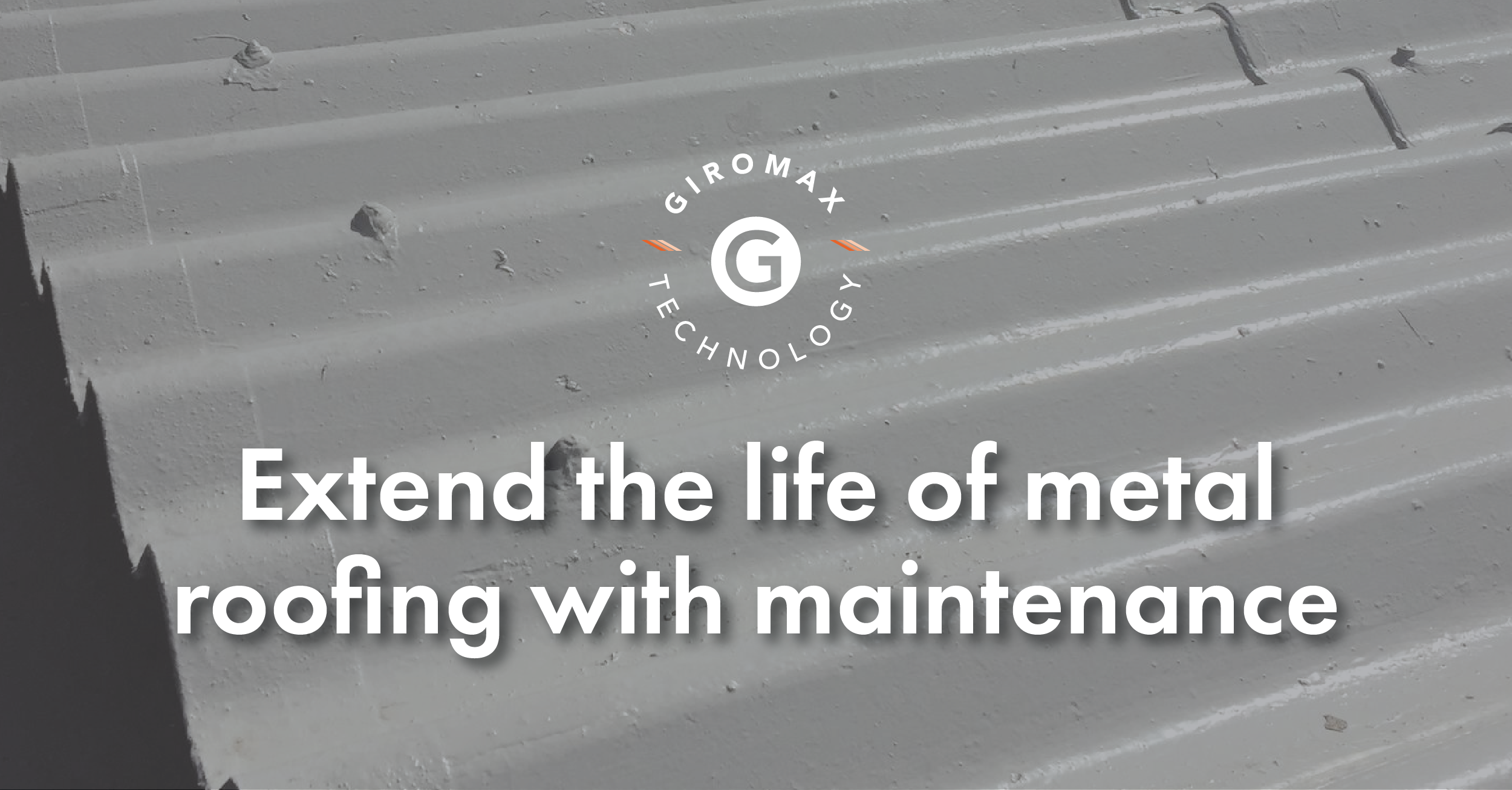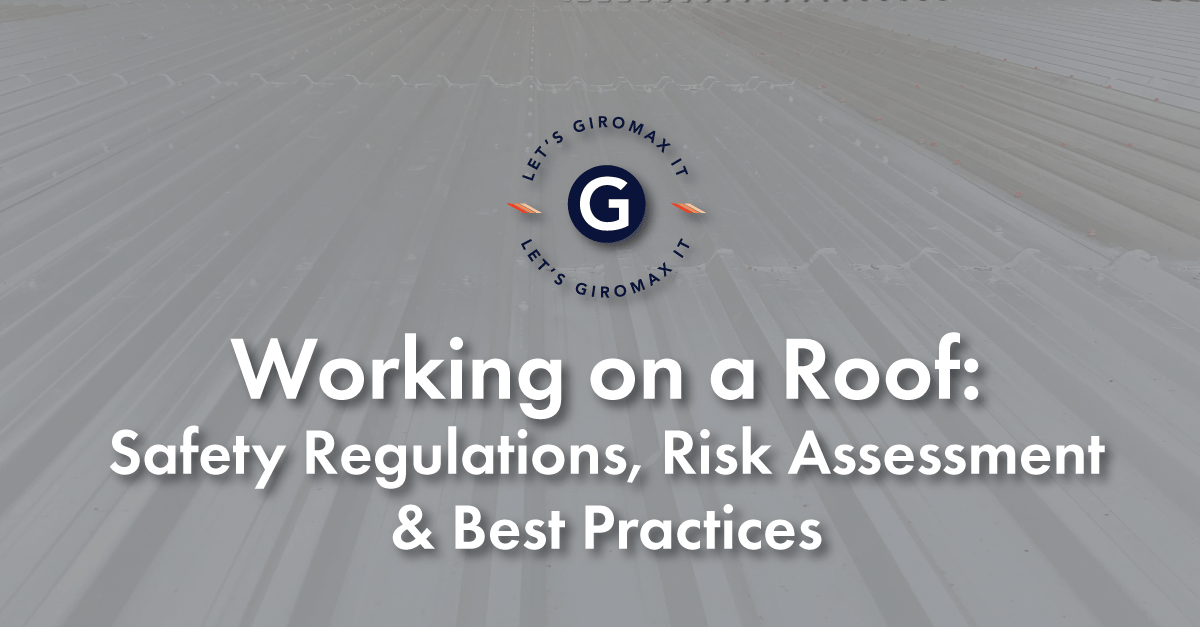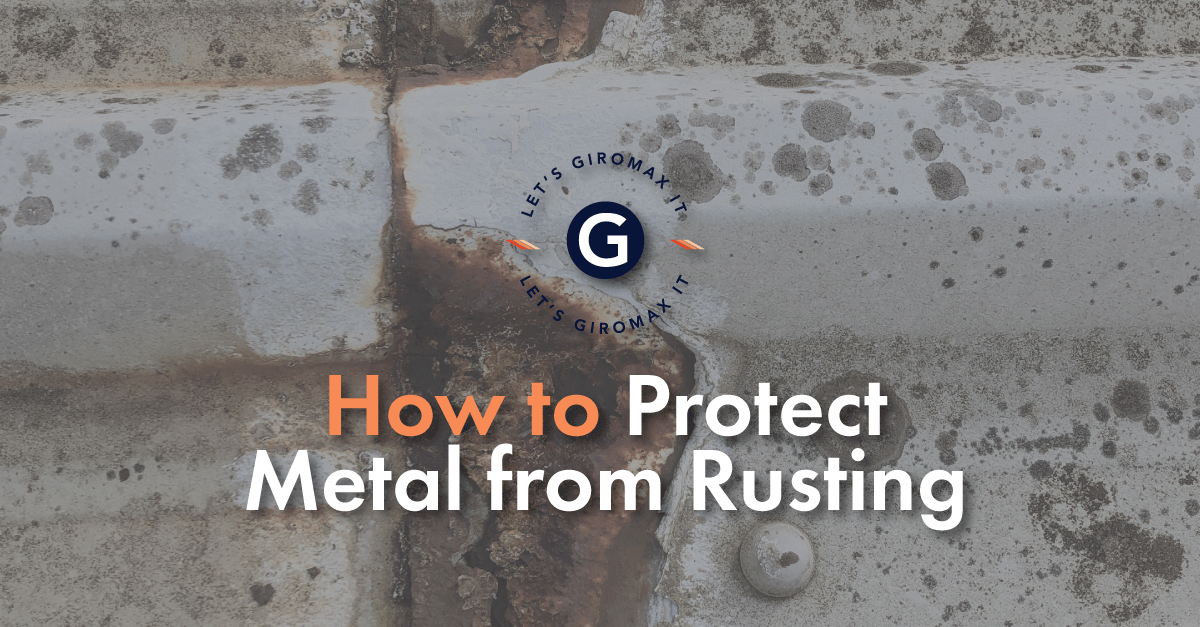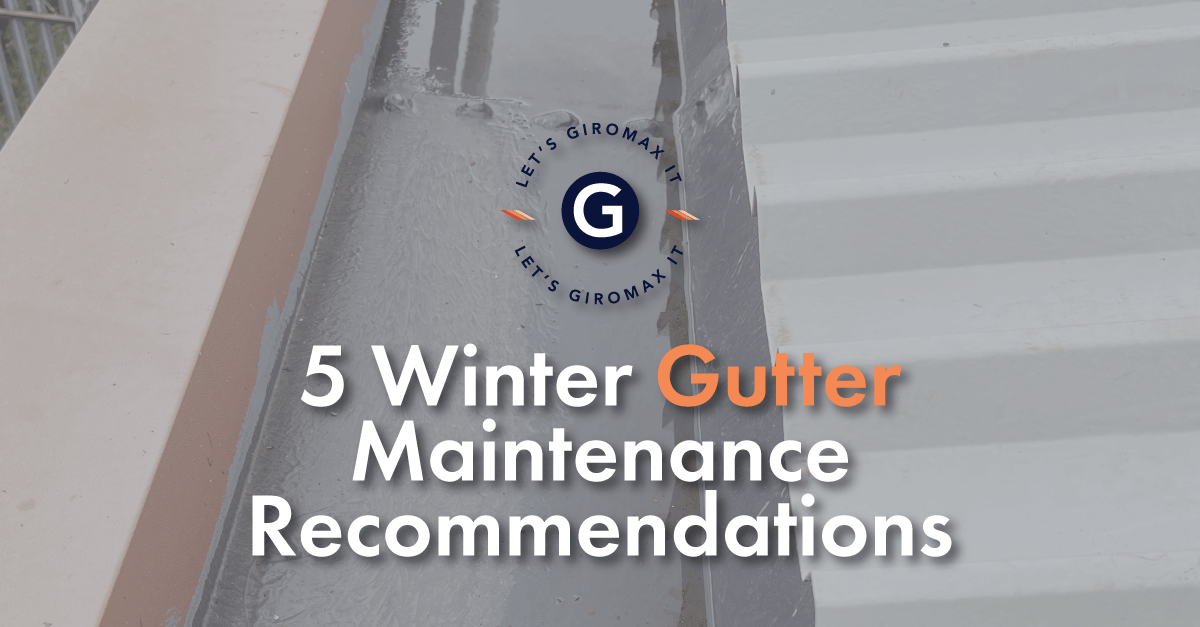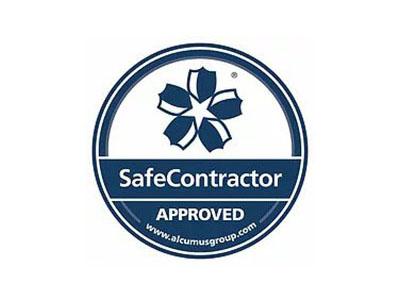Extend the life of metal roofing with maintenance: the green choice
Building owners can easily extend the life of metal roofing with a regular maintenance programme.
Building owners can easily extend the life of metal roofing with a regular maintenance programme. Not only will this increase the lifespan of a steel roof, but it can reduce the need for premature replacements. It’s also the best strategy for a company’s green agenda, due to the associated environmental impact of steel production.
Pros and cons of steel roofing
Steel roof sheets have a long lifespan lasting several decades, making them the ideal choice for industrial buildings such as factories. Profiled metal roofing is a common choice because sheeting tends to be thicker than standard metal roof sheets. Due to their durability, they offer excellent weather protection, even in extreme conditions. As long as steel roofs are well-maintained, building owners can look forward to fewer repairs in the long term.
Profiled metal roofing has a steel core, which is usually coated with a zinc alloy, primer and a protective plastisol layer. Although steel is a tough material, the fabrication process can leave its mark, namely in the form of cut edges. Even high-quality galvanised steel that has a tough zinc alloy coating, either through being hot dipped or electroplated, can suffer from cut edge corrosion. This is where the cut edges of the metal sheet oxidise and turn into rust.
The mining and manufacturing of metal roof sheeting is also a hot topic from an environmental perspective. According to a ResearchGate study, metal sheet production has the highest carbon footprint of a roofing substrate, equivalent to 9.85 tonnes of CO2. Therefore, every time you choose to replace a metal roof sheet, you are contributing to global pollution.
Do metal roofs need maintenance?
Put simply, the answer is yes! Although metal roofs can last anywhere between 40 to 70 years, this material requires regular checks to ensure it is still performing as required. Even if the roof is fairly new, it should be inspected after heavy rain or a storm to ensure there is no damage or deterioration. Extreme heat in the summertime can also cause the plastisol layer to blister from strong UV rays, exposing the metal sheet to the elements.
It is advisable to check the seals around any rooftop air vents and air conditioning units, as well as rooflights. Debris from storms such as branches and other matter can damage silicone seals. Bird attacks are also a regular menace, as they like to pick away at silicone. Ultimately, a well-maintained metal roof will save you from costly replacements in the long run. A regular maintenance programme enables you to keep on top of any potential issues.
The average cost of installing a metal roof ranges from £30 to £200 per square metre, depending on the finish and assembly.
Guide to metal roof maintenance
An annual inspection of a metal roof is an absolute minimum requirement. Roof inspections after extreme weather events are essential. Check the integrity of your steel roof sheets – look for areas of rust, blistering, splitting or cracking. Also look for areas of pooling water, which might be where a metal roof sheet has warped or become damaged.
In addition, check guttering systems and downpipes. When these become blocked due to debris, such as bird nests, branches and moss, this can cause water to spillover onto the roof sheets. Where the cut edges of the metal roof sheet are exposed, excessive water immersion will lead to cut edge corrosion.
A regular roof cleaning programme should form part of your annual maintenance plan. By keeping the roof clean, this can prevent blocked guttering systems. But don’t assume your roof cleaners will spot signs of deterioration on your behalf. The roof should be routinely inspected to check for damage and corrosion. Any issues should be addressed quickly to preserve the integrity of the roof.
At Giromax, we have a range of specialise roof coatings that will help you protect your industrial metal roof. Giromax® Roofcoat is a one-coat system that does not contain silicone, which makes it highly resilient to bird attacks. It is a moisture tolerant formula, designed to both withstand and be applied in damp conditions.
Tough with excellent elasticity, Giromax® Roofcoat is also highly resistant to dirt and impact, and the formula is BBA certified. For application advice, our Technical Services Managers will provide full assistance including a site visit, roof inspection, and training, if required.
For more information or technical guidance, please speak to the Giromax team or call 01455 558969.
Get updates from us
Sign up to our newsletter to receive all the latest news and insights from Giromax Technology.
Subscribe to NewsletterRelated articles
Working on a Roof: Safety Regulations, Risk Assessment & Best Practices
When working on a roof, understanding work at height regulations and conducting a risk assessment helps to ensure essential safety...
How to Protect Metal from Rusting
When considering how to protect metal from rust, there are treatments for roofs. We look at common methods to prevent...
5 Winter Gutter Maintenance Recommendations
Regular gutter inspections in winter and removal of debris, snow and ice ensures gutters stay clean. We share winter gutter...

